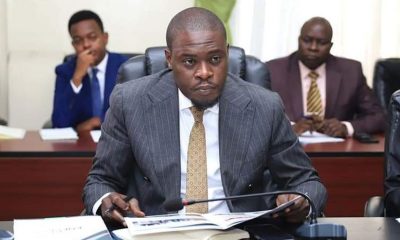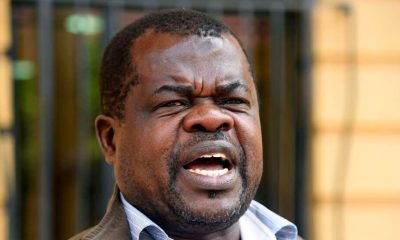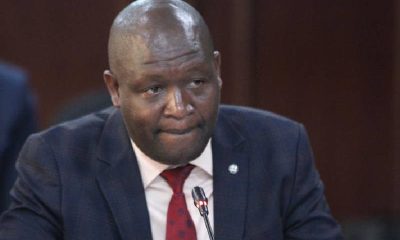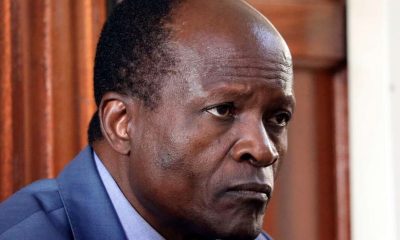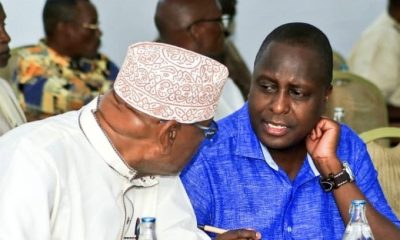News
Former KPC Boss Shem Ochuodho Ordered to Face Trial in Sh827 Million Fraud Case
The case has had a protracted history in Kenya’s courts. Ochuodho, who served as KPC Managing Director from 2003, left the company in December 2005 following the fraud allegations.
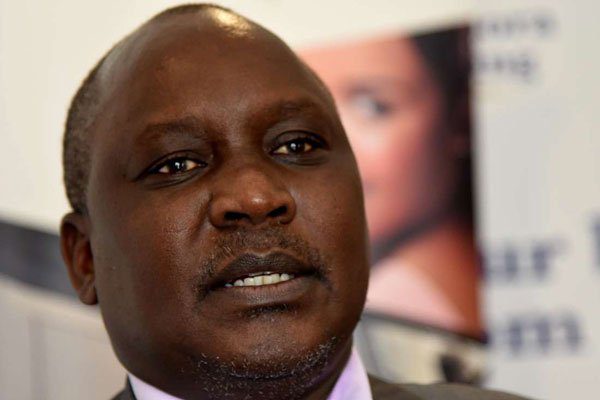
Court finds Dr. Shem Ochuodho has case to answer over alleged conspiracy to defraud Kenya Pipeline Company through dubious refinancing deal
A Nairobi anti-corruption court has ruled that former Kenya Pipeline Company (KPC) Managing Director Dr. Shem Ochuodho must stand trial over allegations of conspiring to defraud the state corporation of Sh827 million in a complex refinancing scheme that has been winding through the courts for 15 years.
Milimani Anti-Corruption Court Principal Magistrate Zipporah Gichana on Wednesday put Ochuodho on his defense alongside his co-accused, Janice Theresia Wanjiku Kiarie, alias Terry Wijenje, a former director of debt-refinancing company Triple A Capital Limited.
The magistrate’s ruling came after more than 20 prosecution witnesses completed their testimonies in the case that dates back to 2010, following numerous applications from both the defense and prosecution teams.
According to the prosecution, between May 2003 and July 2004, Ochuodho and other board members conspired to defraud KPC through a refinancing deal that required the company to pay Triple A Capital Ltd credit charges, despite the firm lacking sufficient funds to settle KPC’s international debts.
The case centers on accusations that Ochuodho fraudulently instructed Standard Chartered Bank to pay Triple A Capital Ltd over Sh1.25 billion from KPC’s account, claiming it was a refund for a payment to Export Development Canada. However, prosecutors allege no such payment had been made to the Canadian agency.
Critical testimony came from Caleb Olall, a former KPC board member, who told the court that the company’s board never approved the borrowing of Sh2 billion from Triple A Capital Limited. Olall testified that the board was not given proper documentation about the proposed borrowing arrangement.
“The board was never given the terms of the proposed borrowing or any bids/evaluation report to adjudicate, despite several requests by board members to KPC management,” Olall testified.
He further alleged that meeting minutes reflecting board discussions “could have been doctored” and did not accurately represent the board’s deliberations on the matter.
According to Olall’s testimony, there was “a lot of acrimony, bullying of board members by the board chairman and the managing director” during discussions about the Triple A Capital funding, with threats of dismissal for those who disagreed with the appointing authority.
The witness testified that KPC management failed to follow proper procedures in securing the loan, communicating with the Ministries of Energy and Finance before exhausting the board process and obtaining full board approval.
However, Olall noted that the board eventually made a “blanket approval” for the funding based on approvals already obtained from the Ministers of Finance and Energy, the fact that contract documents had been cleared by the Attorney General’s office, and that other documents like cash flow projections had been submitted to the Ministry of Energy.
The case has had a protracted history in Kenya’s courts. Ochuodho, who served as KPC Managing Director from 2003, left the company in December 2005 following the fraud allegations.
The charges were first filed in 2010, making this one of the longest-running corruption cases in Kenya’s judicial system.
Dr. Ochuodho, a former politician who represented Rangwe constituency in Homa-Bay County between 1997 and 2002, has had a varied career as a computer consultant and has worked in various capacities across East Africa, including as an ICT advisor to the Rwandan and South Sudan governments.
The case adds to a troubling pattern of leadership challenges at KPC over the years.
Other former heads of the corporation who left under controversial circumstances include Charles Tanui (corruption accusations), Selest Kilinda (alleged nepotism), George Okungu (Sh68 million fraud charges), and Dr. Linus Cheruiyot (Sh339 million fraud accusation).
The magistrate has directed that the case be mentioned on July 3, 2025, to fix dates for the defense hearing.
With the court finding that there is a case to answer, Ochuodho and Wijenje will now have the opportunity to present their defense against the charges.
The Kenya Pipeline Company, established as a state corporation to transport petroleum products from Mombasa to the hinterland through an extensive pipeline network, has been plagued by various corruption scandals over the years, undermining its critical role in Kenya’s energy infrastructure.
The outcome of this case will be closely watched as Kenya continues its efforts to combat corruption in state corporations and hold senior officials accountable for the stewardship of public resources.
Kenya Insights allows guest blogging, if you want to be published on Kenya’s most authoritative and accurate blog, have an expose, news TIPS, story angles, human interest stories, drop us an email on [email protected] or via Telegram
-
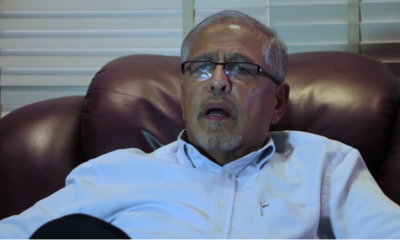
 News6 days ago
News6 days agoTemporary Reprieve As Mohamed Jaffer Wins Mombasa Land Compensation Despite Losing LPG Monopoly and Bitter Fallout With Johos
-

 Sports5 days ago
Sports5 days ago1Win Games 2025: Ultimate Overview of Popular Casino, Sports & Live Games
-

 Business2 days ago
Business2 days ago‘They’re Criminals,’ Popular Radio Presenter Rapcha The Sayantist Accuses Electric Bike Firm Spiro of Fraudulent Practices
-
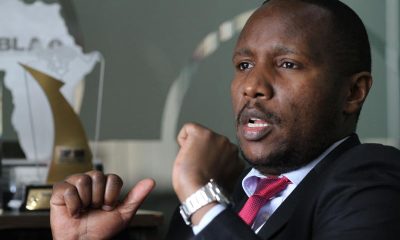
 Investigations6 days ago
Investigations6 days agoFrom Daily Bribes to Billions Frozen: The Jambopay Empire Crumbles as CEO Danson Muchemi’s Scandal-Plagued Past Catches Up
-

 Business6 days ago
Business6 days agoHass Petroleum Empire Faces Collapse as Court Greenlights KSh 1.2 Billion Property Auction
-
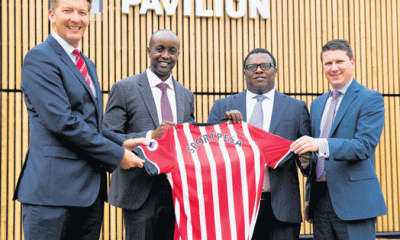
 Investigations2 weeks ago
Investigations2 weeks agoHow SportPesa Outfoxed Paul Ndung’u Of His Stakes With A Wrong Address Letter
-
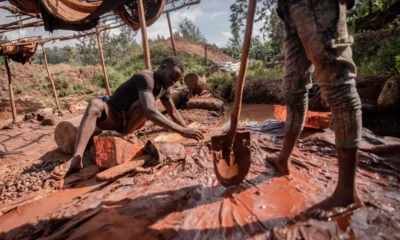
 News6 days ago
News6 days agoShanta Gold’s Sh680 Billion Gold Discovery in Kakamega Becomes A Nightmare For Community With Deaths, Investors Scare
-
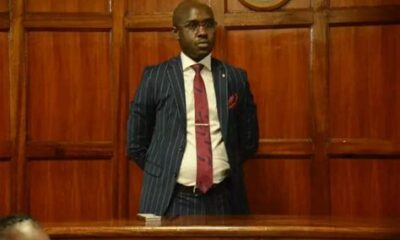
 News5 days ago
News5 days agoSerial Gold Fraudster Walks Free in Sh8.1 Million Fake Gold Scam Acquittal

